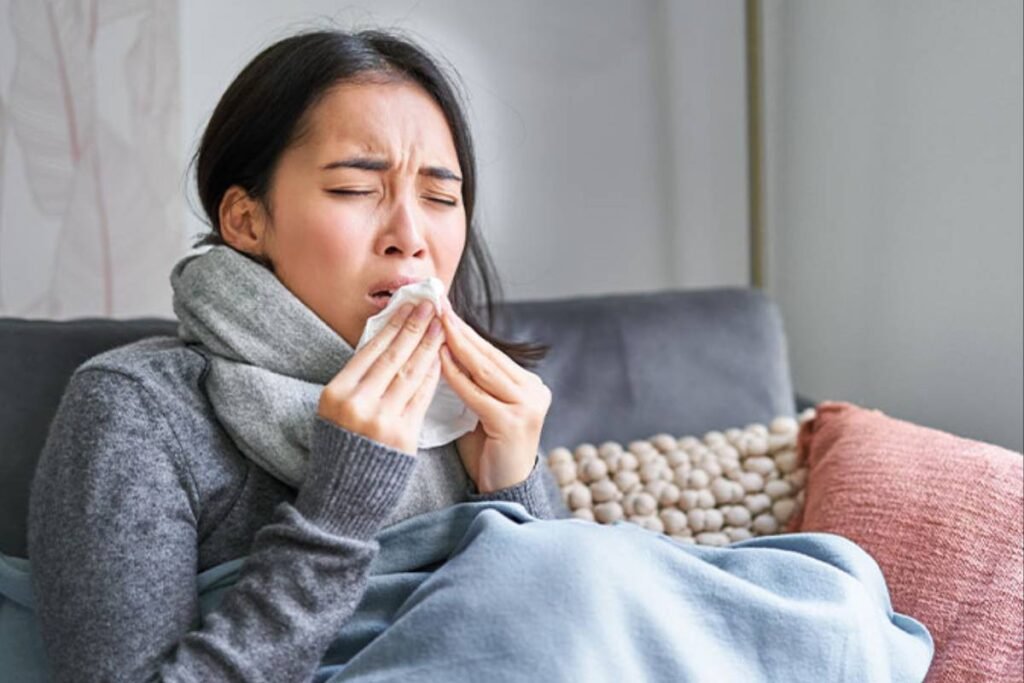Alaska has recorded its first infant death due to pertussis, commonly known as whooping cough, as the state grapples with a widespread outbreak of the disease. The Alaska Department of Health confirmed the tragic loss, marking a grim milestone in the ongoing epidemic that has been sweeping across the state.
Details Withheld to Protect Family Privacy
In a statement, the state health department announced that specific details about the infant, including age and hometown, are being withheld to maintain the family’s privacy. However, health officials did confirm that the majority of the reported cases are concentrated in Southcentral Alaska, a region that has been hit particularly hard by the outbreak.
As of the most recent data, Alaska has reported 234 cases of pertussis in 2024, the highest number in nearly a decade. This surge in cases has raised concerns among health professionals, especially given the vulnerability of certain populations to severe disease.
Infants at Highest Risk
Dr. Joe McLaughlin, Alaska’s State Epidemiologist, emphasized the heightened risk that whooping cough poses to infants, particularly those under three months of age. “The population that is at highest risk for severe disease is infants,” McLaughlin stated. “Particularly young infants — infants that are less than three months of age.”
According to McLaughlin, 70% of the pertussis cases in Alaska this year have been reported in children under 15, with 12% occurring in infants. Alarmingly, nearly half of the infected infants have required hospitalization, underscoring the severe threat posed by the disease to this age group.
Infants typically begin receiving vaccinations to protect against pertussis at two months old. Pregnant women are also advised to get vaccinated during their third trimester to pass on immunity to their newborns. Children receive a series of shots at a young age, and adolescents and adults are eligible for booster shots every 10 years.
The Importance of Vaccination
Dr. McLaughlin stressed the critical role that vaccination plays in preventing the spread of whooping cough. “The vaccines that are currently available for pertussis are highly effective, particularly in the first three to five years after vaccination,” he explained. “But then immunity gradually wanes over time.”
The waning immunity, combined with the spread of the disease in unvaccinated populations, is believed to be contributing to the outbreak in Alaska and other parts of the United States. The Anchorage School District, which has reported nine suspected or confirmed cases, has seen over 1,200 students receive exemptions from vaccination in 2024, mostly for religious reasons.
Recognizing Symptoms and Seeking Treatment
Whooping cough often begins with symptoms that resemble the common cold, but it can quickly progress to severe coughing fits and breathing difficulties. The incubation period for pertussis is typically around 10 days, and those infected can be contagious for up to three weeks. Early diagnosis and treatment are crucial to prevent the spread of the disease.
“If anybody in the household develops a respiratory infection, go ahead and get tested quickly for pertussis,” McLaughlin advised. “We know that infants are at the highest risk for severe disease, so we want to ensure that anyone in a household with an infant gets tested and treated immediately.”
Health officials are urging people who develop symptoms of whooping cough to seek medical attention promptly. Those who do not have a regular healthcare provider are encouraged to visit an urgent care center for testing and, if necessary, treatment with antibiotics.
As Alaska continues to battle this pertussis outbreak, the importance of vaccination and early detection remains at the forefront of public health efforts to protect the most vulnerable, especially infants, from this dangerous disease.









